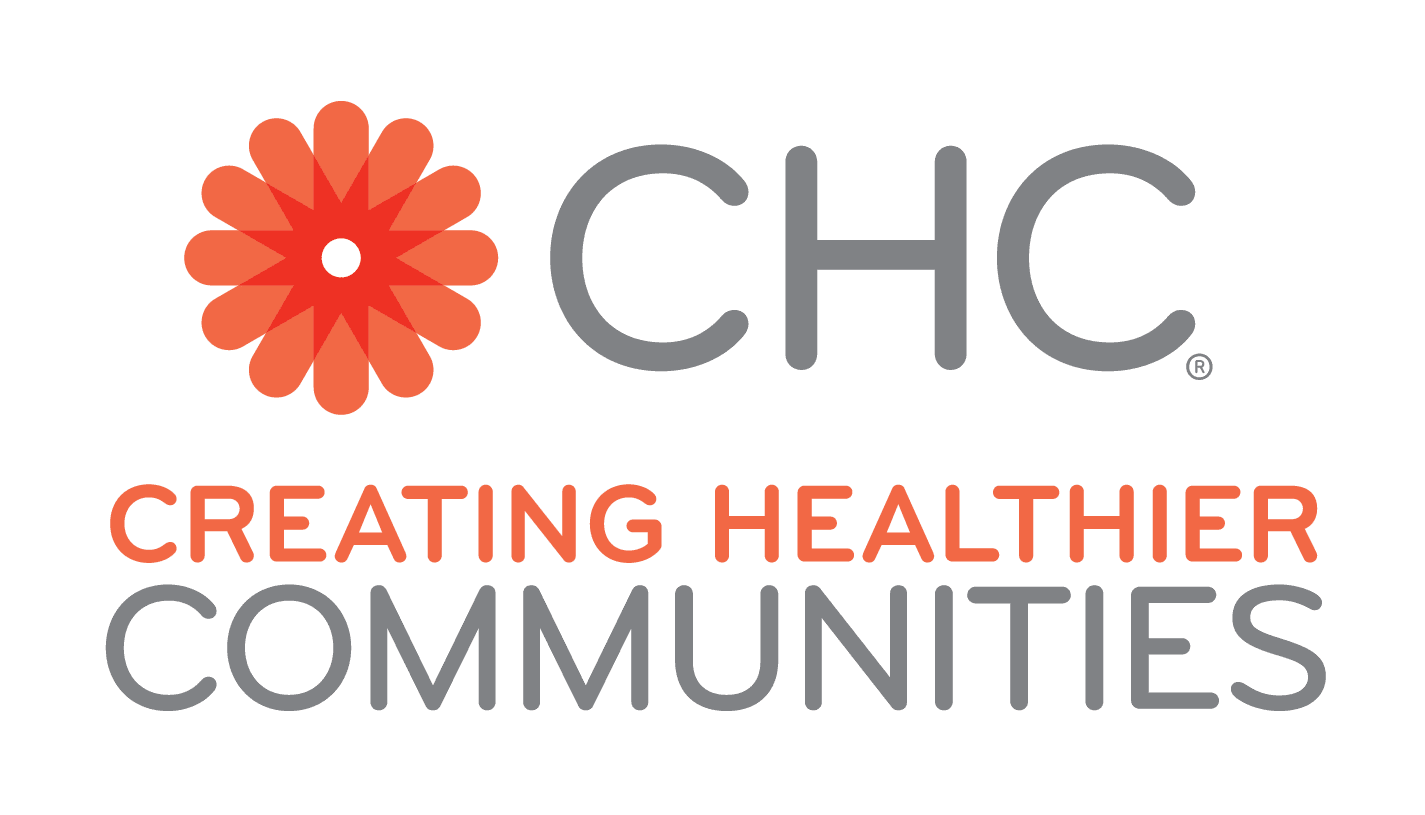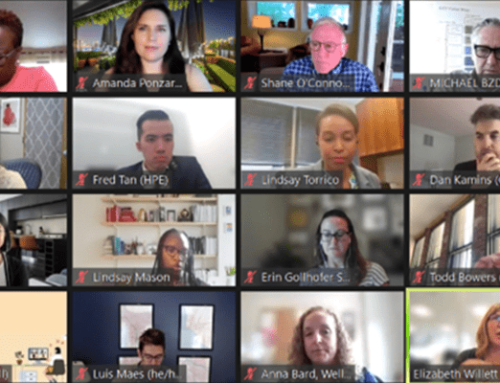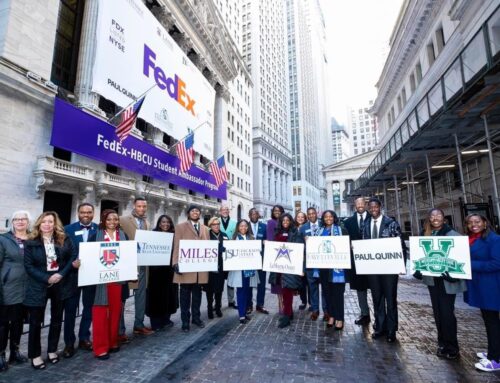5 Big Ideas
By: Jessica Marati Radparvar, Founder and Social Impact Strategist of Reconsidered
2020 was quite the year.
But was it a year to be “cancelled”, cast aside as the world rushes back to normalcy? Or a year of transformation – “the year that changed it all”?
There were the lives lost, upended and paused by COVID-19. The continued killing of Black lives. The U.S. election that laid the country’s political divisions bare. The fires, hurricanes and natural disasters that have become all-too-common in a climate that continues to change rapidly. There was Iran. And impeachment. And Brexit. Toilet paper shortages and being on mute. Kobe and Chadwick and RBG.
But there was also the evening applause for frontline workers. The businesses mobilizing to go remote, pivot production and meet the needs of a rapidly changing world. The people hitting the streets to peacefully demonstrate that Black Lives Matter more than ever. The clean air and thriving biodiversity that resulted from the world taking a break. The mutual aid networks. The ultimate triumph of Biden over Trump and the election of the first Black-South Asian woman as U.S. Vice President. There were Zoom weddings and socially distant walks. Sourdough starters and social media memes that made us laugh and cry and ultimately feel seen.
It was a year of contradictions: tragedy, but also transformation. Pain, but also possibility.
Throughout 2020, our team has tried to make sense of the changes happening around us through our bi-weekly Reconsidered Newsletter for social impact professionals. As the year came to a close, we analyzed the content we curated to surface 5 Big Ideas — lessons from 2020 that will guide sustainable business forward in 2021.
We have created a deck that brings these ideas to life through case studies and compelling proof points. It’s available via Google Slides to make it easier for you to share these ideas with your colleagues and communities (just be cool and cite us, okay?).
Here’s a summary of the ideas in the deck:
1. Brands In Service of Society
The events of 2020 put brand purpose statements to the test. Companies were forced to ask themselves a related but somewhat different question: “How can I be of service?” For some, this required doubling down on their brand purpose. For others, it required rethinking the concept altogether.
In a Cannes Lions op-ed, Futerra’s Solitaire Townsend summed up the challenge aptly:
“Purpose is inherently selfish – about fulfilling your brand’s own destiny and being important on your own terms. Which is why brand purpose is crumbling in the face of a health crisis. Put bluntly, when all of us are facing mortality and terrified for our loved ones and society itself: none of us gives a damn what your brand stands for … Because the only thing that matters right now, more than anything, is to be useful.”
Townsend argues that companies have the opportunity to think of themselves as “Servant Brands” — brands serving society’s needs rather than what the brand pyramid suggests. We agree. Two strong examples that surfaced in 2020 were Etsy’s community mobilization around face masks and LVMH’s quick retooling of production lines to make hand sanitizer instead of perfume.
2. Giving More Thank You Take
With extreme weather events accelerating the need for substantive climate action, the more progressive companies are no longer content with just mitigating negative impact. Instead, they are increasingly looking toward regenerative models that actively give to the environment more than they take.
The concept of “regenerative” has its roots in the agricultural sector, where it describes “farming and grazing practices that … reverse climate change by rebuilding soil organic matter and restoring degraded soil biodiversity – resulting in both carbon drawdown and improving the water cycle.”
2020 saw the term’s proliferation across industries, from fashion (with regenerative fibers from EILEEN FISHER) to breweries (with a “punked up” Carbon Negative commitment from BrewDog).
“Regenerative brands are a necessary evolution of ‘sustainable’ and resilient’ brands,” wrote BBMG’s Raphael Bemporad and Briana Quindazzi in Fast Company. “Sustainability and resilience are fine qualities, but they mean a continuation of the status quo and an ability to survive. Regenerative brands seek to create value for all beings for all time.”
3. Going Beyond ‘Woke-Washing’
This year’s racial justice movements paired with the rise of “cancel culture” have risen the stakes for companies that claim to be mission-driven but have company cultures characterized by inequity and toxicity, particularly against people of color. Companies are realizing the need to upgrade their diversity, equity and inclusion (DEI) efforts to meet the moment.
As companies rushed to express their solidarity with Black Lives Matter and other social justice movements, employees and customers were increasingly critical. The year saw high-profile ex-employee backlashes against companies that had presented themselves as mission-driven, including Everlane, Reformation, Away, Glossier and The Wing.
“While many companies are speaking out because they know the costs of silence are high, they’re discovering that the costs of ‘woke washing’ — appropriating the language of social activism into marketing materials, for instance — can be high, too,” wrote DEI experts Erin Dowell and Marlette Jackson in Harvard Business Review.
The more progressive companies are evolving their DEI efforts to create actively anti-racist organizations. Ben & Jerry’s and Bay Area coffeehouse Red Bay Coffee stood out to us for the substantive ways they’re building anti-racist practices into their business.
4. Redefining Who’s Essential
COVID-19 revealed that many of the most essential workers in the economy — the retail workers who kept grocery shelves stocked, the app drivers who delivered food to front doors, the custodial staff who maintained empty office buildings while their white collar colleagues worked from home — are also the most vulnerable. This is especially true in the U.S., where many are contracted and therefore ineligible for basic benefits like health insurance, paid leave and a guaranteed minimum wage.
Companies are increasingly realizing the need to acknowledge their retail and contracted employees — and not just through “bullshit rewards” (as a mid-year Vox article described it) but through substantive pay and benefits.
“The problem with rewards like cookies, calendars, relaxed dress codes, or an extra dollar or two isn’t that they’re necessarily bad,” wrote Vox’s Emily Stewart. “It’s that if they’re not accompanied by real protections, transparency, and significant pay, they fall flat.”
But even companies that saw skyrocketing profits, like Amazon and Walmart, have failed to transmit those earnings to their base employees. They might learn from the example of retailers like Trader Joe’s and Starbucks, who stepped up during COVID-19 with a range of benefits and support to help their employees thrive, not just survive.
5. Brands Taking Stands
The entanglement of business and politics is nothing new, especially in the U.S. But after four years under President Donald Trump and the tumultuous 2020 election, many companies are rethinking the way they engage with the public sector and leverage their brand platforms to drive positive change.
This year saw more brands getting political, with a record number of companies using their marketing platforms to promote voter access and express solidarity for racial justice movements. Following an “Open Letter to CEOs” from 11 leading climate advocacy groups, more companies have adopted science-based climate policy agendas as part of their sustainability strategies. And brands like Patagonia continue to see success from rethinking marketing as movement building.
At the same time, consumers are becoming more aware — and therefore more distrustful — of companies whose lobbying and political activity contradict their stated social missions. This became evident in the fight around Prop 22, a California ballot initiative that pitted ride share and delivery apps like Uber, Lyft and DoorDash against labor organizers in a battle to define the future of gig work.
Let’s reconsider the way business is done.
As we close out 2020 and step into 2021, we are inspired by the words of poet-activist Sonya Renee Taylor. There is no going back to normal, she writes. We have the opportunity to “stitch a new garment.”
Our hope is that these lessons help you enter 2021 with the insights and energy to continue the important work of transforming business into a force for positive change.
Because the best way to pay tribute to 2020’s tragedies is to learn from the lessons the world tried to teach us. Really learn.
Let’s use this rollercoaster of a year as a catalyst for real change. Let’s make 2020 worth it.

Jessica Marati Radparvar, Founder and Social Impact Strategist of Reconsidered
Jessica is a social impact strategist motivated by a passion for storytelling, a deep interest in conscious consumption and a strong belief in the power of business for good. She is the founder of Reconsidered, a boutique consultancy that helps companies and organizations build impactful strategies, communications and community around their work. In addition to supporting forward-thinking organizations like C&A, Tommy Hilfiger (PVH), EILEEN FISHER, Etsy, Mailchimp, Sir Kensington’s (Unilever), BESTSELLER, JACK & JONES, J.Crew, Fashion for Good, Textile Exchange and the UN Development Programme, Reconsidered also creates resources for corporate social responsibility, sustainability and social impact practitioners, including an industry-recognized newsletter, jobs board and online community. Jessica has an undergraduate degree in History from Princeton University and received her M.B.A. from New York University’s Leonard N. Stern School of Business. Location-independent, she splits her time between Amsterdam, Guam and Southern California together with her husband Dave and son Shilo.







